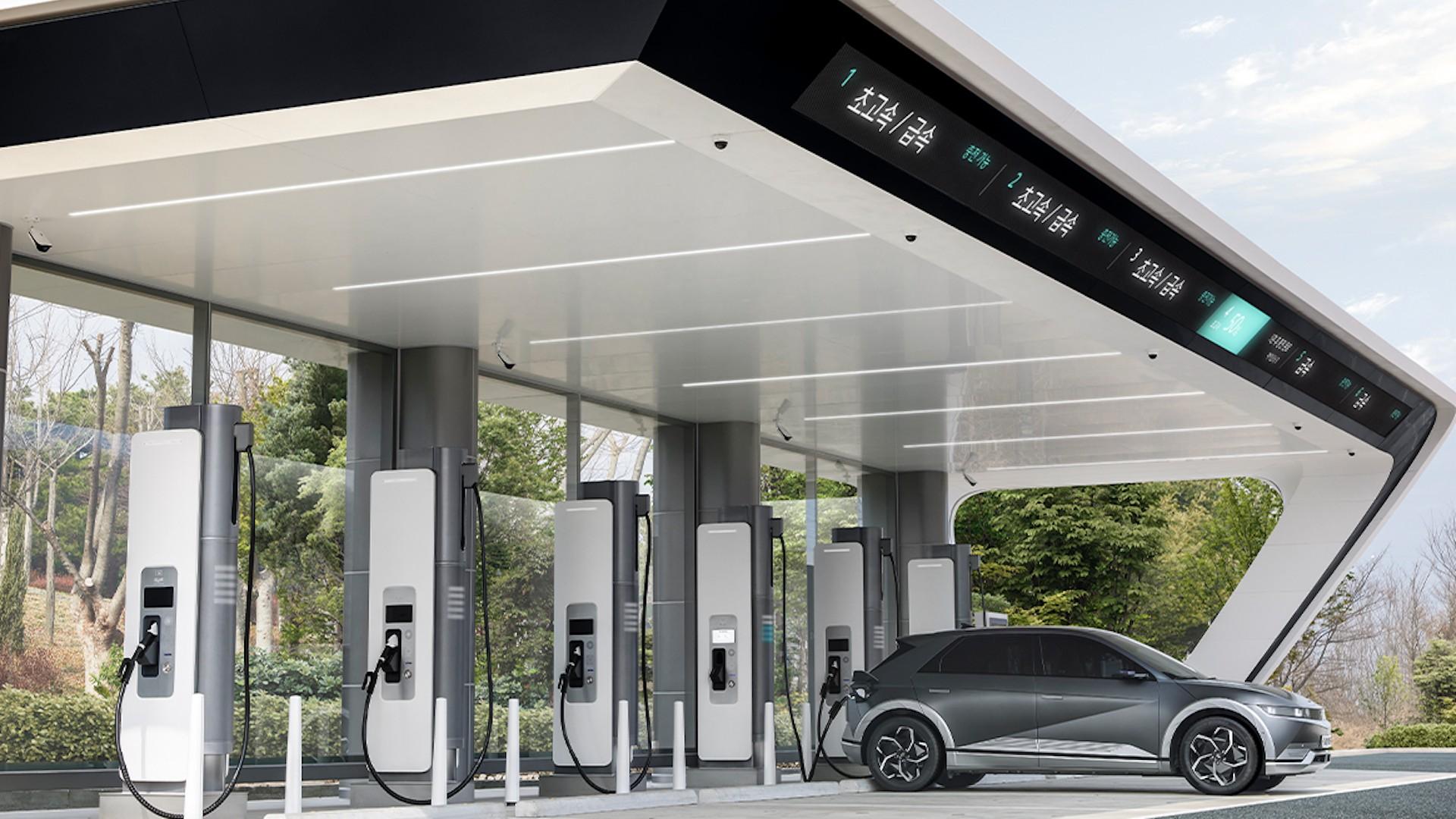Спонсоры
Electric Vehicle Charging Station Market Challenges: Overcoming Infrastructure, Cost, and Security Obstacles for Success

The rise of electric vehicles (EVs) has significantly transformed the global automotive industry. However, as the number of electric vehicles on the road continues to increase, the growth of the electric vehicle charging station market faces numerous challenges that hinder its scalability. These challenges are multi-faceted, ranging from infrastructure gaps to regulatory complexities, and they require concerted efforts from governments, private companies, and technology developers to address. In this article, we explore some of the key challenges facing the electric vehicle charging station market today.
1. Inadequate Charging Infrastructure
One of the primary hurdles for the EV charging station market is the insufficient charging infrastructure. The widespread adoption of electric vehicles necessitates a corresponding expansion in the availability of charging stations. In many regions, particularly rural and suburban areas, the number of charging stations is limited. Even in urban areas with higher EV adoption rates, the charging infrastructure may still be insufficient to meet the demand. This shortcoming in infrastructure raises concerns over charging station accessibility and convenience, particularly for consumers who rely on public charging facilities.
2. Range Anxiety and Charging Speed
Another key challenge is “range anxiety,” which refers to the fear that an EV will run out of battery before the driver can find a charging station. While EV ranges have increased significantly in recent years, they are still limited compared to traditional vehicles that can quickly refuel at gas stations. Additionally, the speed of charging is another concern. Fast-charging technology is still developing, and it can take a considerable amount of time to fully charge a vehicle at a public charging station, which can inconvenience drivers and deter them from making the transition to EVs.
3. Regulatory Hurdles and Standards Confusion
The regulatory environment surrounding electric vehicle charging stations remains a complicated aspect of the market. Different countries, states, or municipalities have varying regulations, and this leads to a fragmented market. In some regions, there may be local laws that either incentivize or hinder the construction and installation of charging stations. Additionally, the lack of uniform standards for charging equipment across different EV models complicates the user experience, leaving EV owners frustrated when they encounter incompatible charging stations or adapters.
4. High Installation Costs
While the cost of EV charging stations has decreased over time, installation remains costly, especially when considering the infrastructure needed for a widespread network. Not only does it require investments in physical charging units, but there is also a need for extensive electrical grid upgrades, site development, and real estate acquisition. Businesses and municipalities may find the capital expenditure for such installations prohibitive, leading to slower rollout and expansion of the charging station network. Public-private partnerships may be necessary to alleviate this cost burden and accelerate the installation process.
5. Lack of Interoperability
As the number of manufacturers offering electric vehicles and charging stations grows, ensuring interoperability among these diverse systems is a challenge. There are various technologies, software systems, and plug types across different EV models and stations, creating potential complications for drivers. The inability to quickly connect EVs to charging stations due to incompatibilities can be frustrating for users. A universal standard for EV charging infrastructure is essential to ensure a seamless experience for all electric vehicle owners, regardless of their car's brand or the charging station's provider.
6. Energy Grid Capacity and Sustainability Concerns
The increased reliance on electric vehicles also poses significant challenges for existing energy infrastructure. EV charging stations consume a large amount of electricity, and depending on the location, they can place additional stress on the local energy grid. In some cases, electric grids are not equipped to handle the additional demand from widespread EV charging. Furthermore, the sustainability of this increased electricity demand is another concern, as regions heavily reliant on non-renewable energy sources may increase their carbon footprints as more EVs are adopted.
7. Security and Cyber Threats
As the EV charging station market embraces digital technologies for operations and payment processing, security concerns arise. Cybersecurity risks such as data breaches and fraud pose significant threats to operators and consumers. With the rise of connected and smart charging stations, securing the network becomes paramount, as any vulnerabilities in these systems could lead to severe financial and reputational damage.
Moving Forward
Despite these challenges, the electric vehicle charging station market holds immense potential. With increasing government incentives and investments from the private sector, advancements in technology, and standardization efforts, many of these barriers can be overcome. The key to a successful transition to electric vehicles lies not only in making EVs affordable but also ensuring the establishment of a robust, accessible, and sustainable charging infrastructure.



